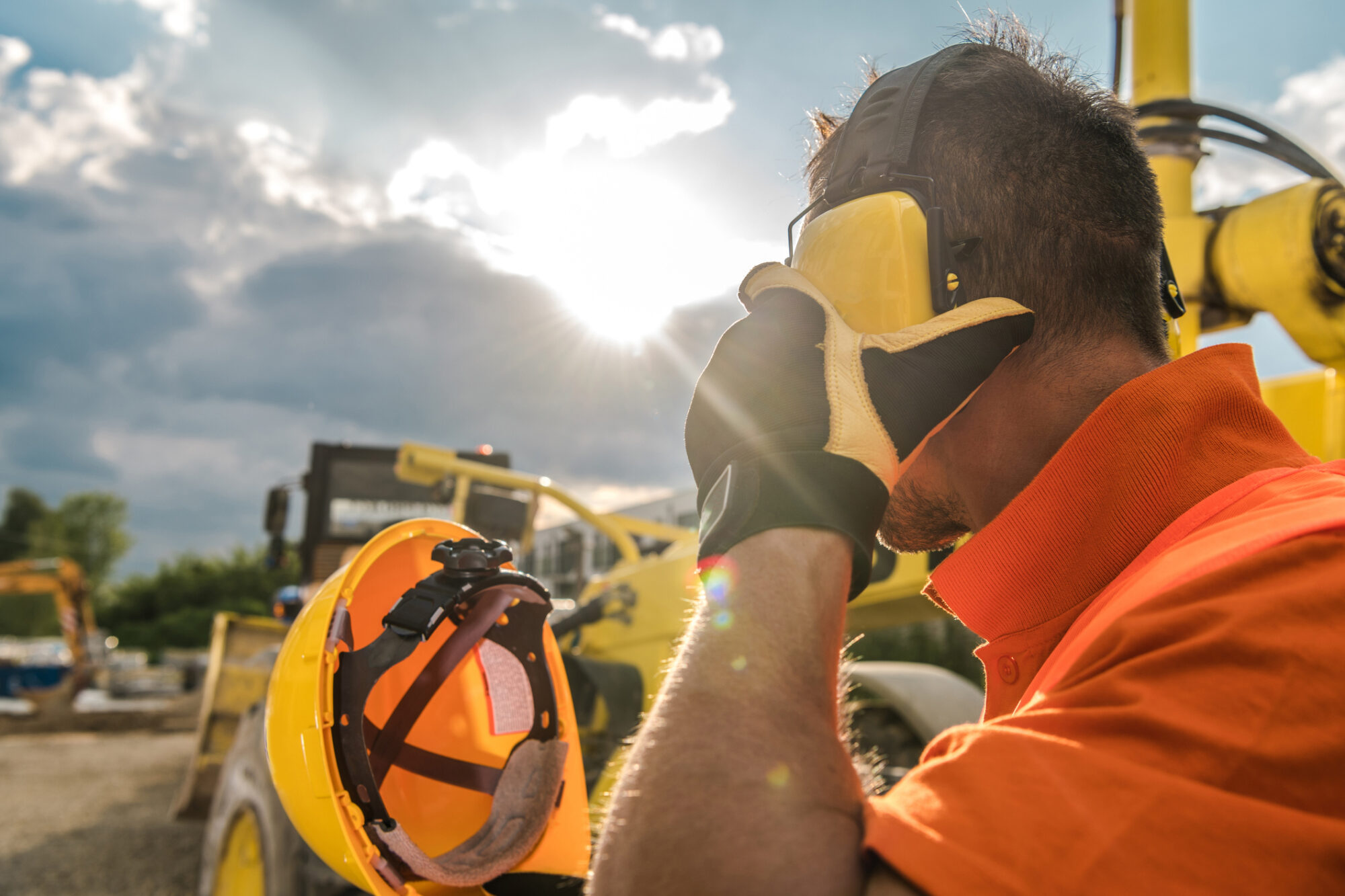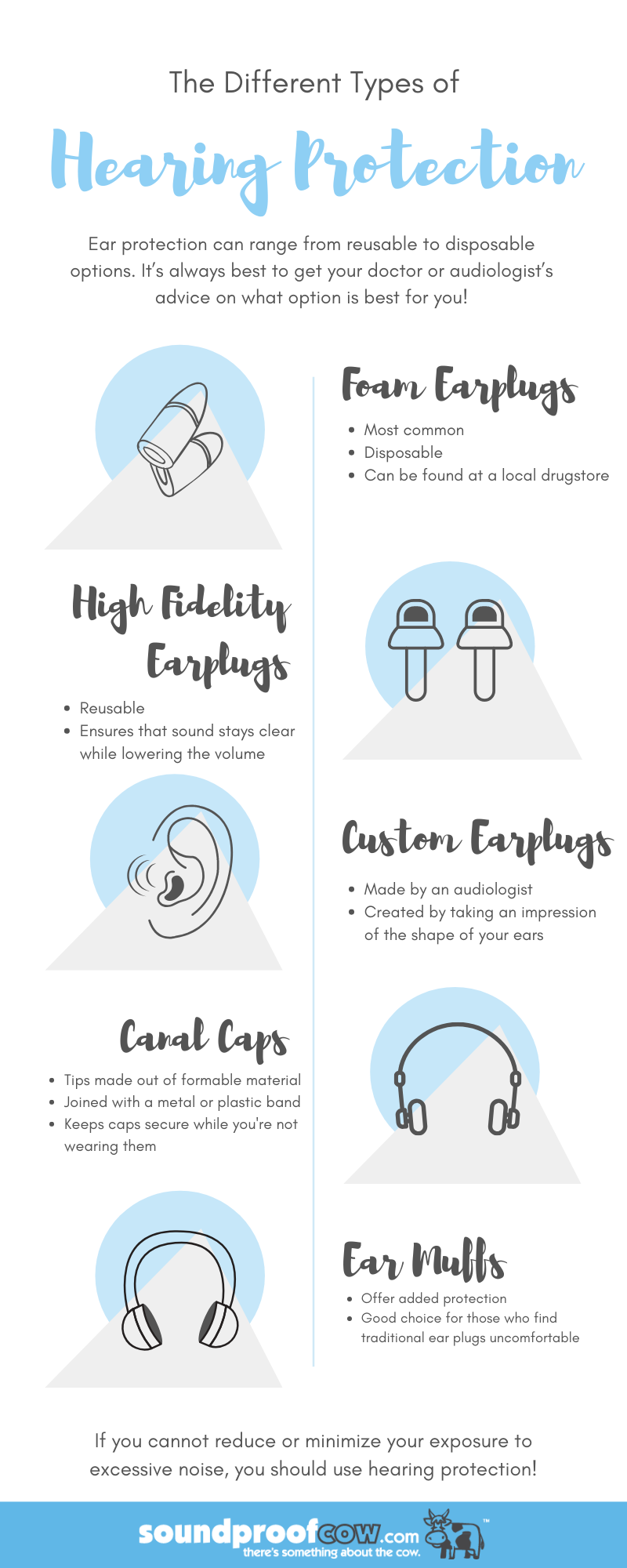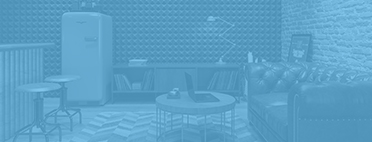
Excessive noise exposure can be accidental or a result of an ongoing hobby or career. Sometimes, you can move away from the noise or limit the amount of time you’re exposed. But when you can’t escape machinery, loud music, aircraft, power tools or other equipment, it can lead to hearing damage.
Sound and Its Effect on Hearing
In the simplest sense, sound is a result of vibration through matter. High levels of sounds, or these vibrations, can have a direct impact on hearing and even lead to irreversible damage. Hearing damage can make it hard to communicate with others and lead to buzzing, humming or ringing in the ears, known as tinnitus.
Noise-Induced Hearing Loss (NIHL) is not uncommon — out of adults ages 20-69, almost one in four had features of NIHL. If you cannot reduce or minimize your exposure to excessive noise, you must use hearing protection.
Different Types of Hearing Protection
Ear protection can range from reusable to disposable options. It’s always best to get your doctor or audiologist’s advice on what option is best for you. Here are a few different types to consider and discuss with your medical professional:
- Foam earplugs: These are the most common earplugs on the market. They are usually disposable, and you can buy them in places such as your local drugstore.
- High fidelity earplugs: These reusable earplugs help ensure the original sound stays clear while the volume is attenuated to lower levels.
- Custom earplugs: An audiologist typically makes these earplugs after taking an impression of your ears.
- Canal caps: These have tips made out of formable or pre-molded material. Canal caps can be joined with a plastic or metal band, allowing you to keep the caps secure when you are not wearing them.
- Earmuffs: Earmuffs typically offer added protection and work well for those who find earplugs uncomfortable.

How to Choose the Right Hearing Protection
You should consider several factors before and during your search for the right hearing protection. Ask yourself questions such as:
- How much protection do I need for my sound exposure levels?
- How much do I want to spend?
- How often will I need to wear it?
- How well does it fit?
- How comfortable is it?
While aspects such as cost and comfort are important, the most important thing to focus on is the Noise Reduction Rating (NRR). The NRR will let you know how many decibels it will cancel, depending on the level of sound you are exposed to. Make sure your hearing protection fits and also works well with any other job site equipment or protection you must wear.
Have You Herd How Soundproof Cow Can Reduce Noise?
At Soundproof Cow, we offer tailored solutions to remove unwanted noise that fit your lifestyle and budget. With our materials designed for soundproofing, sound absorption and noise reduction, we can provide options for all spaces and applications.
Contact us today if you have any questions or would like to learn more about how we can help you reduce noise.






